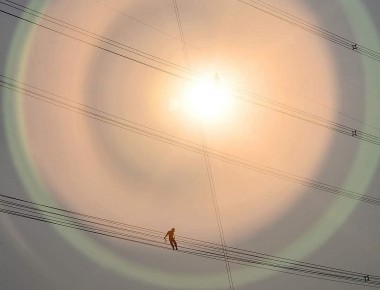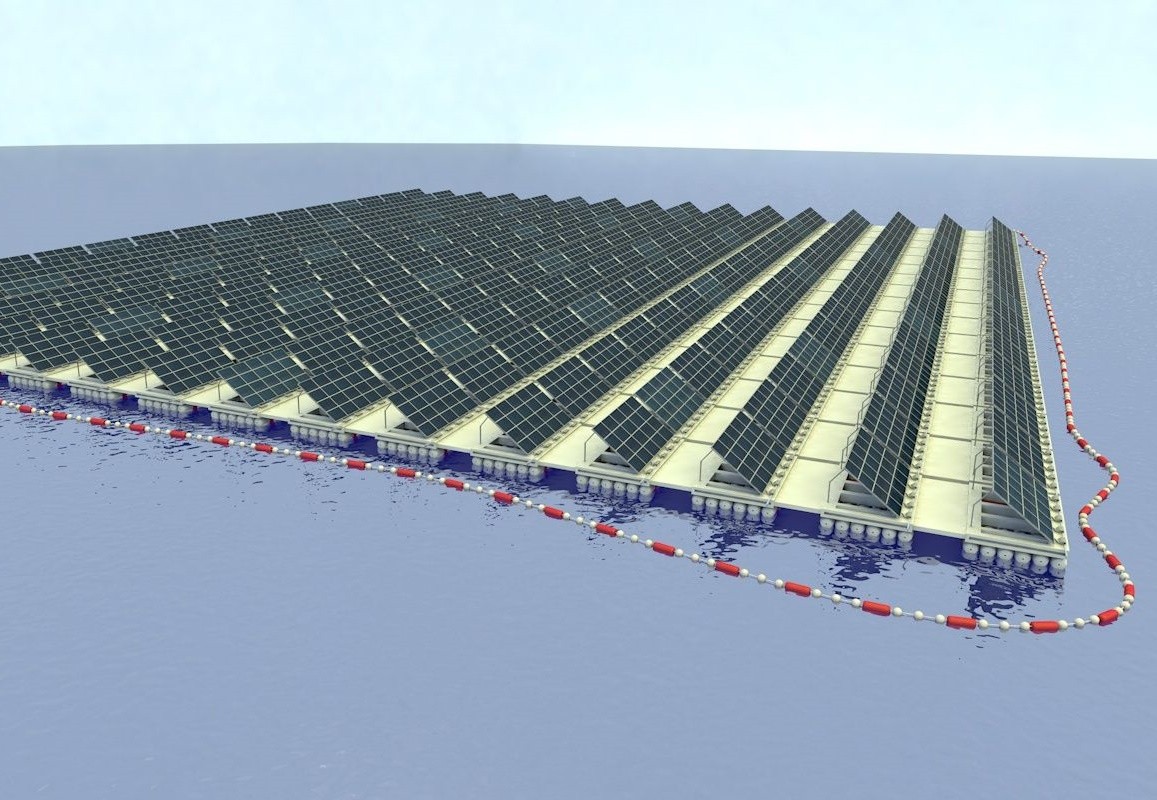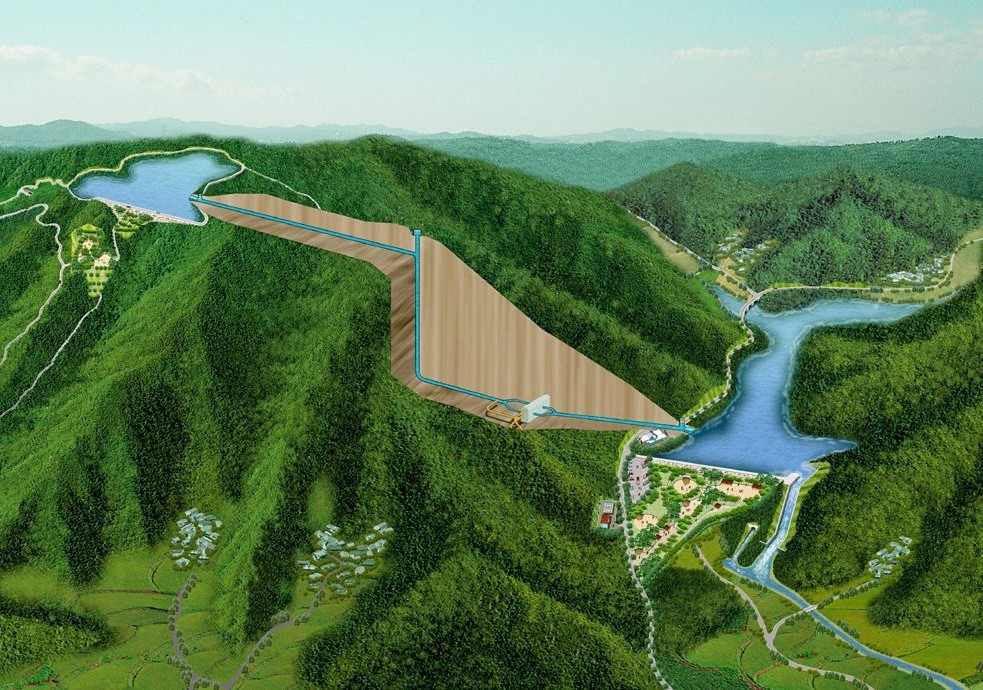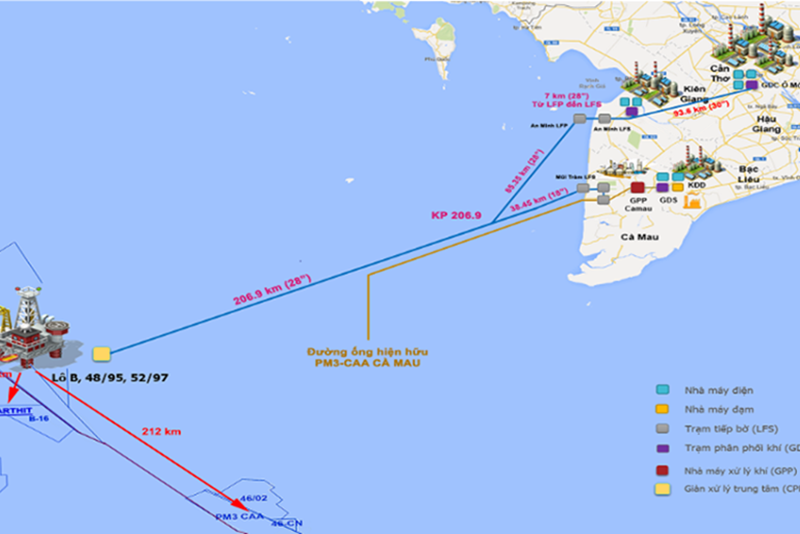Norway - Vietnam Enhancing Cooperation in Energy Sector
11:56 | 29/03/2014
In the “Vietnam and Norway seminar on hydropower and electricity market reform in Vietnam” which took place in Hanoi on March 19th2014, representatives of the two countries expressed their desire to work closely together in the field energy, especially hydropower.
As the Nordic country, Norway has abundant natural resources, especially in energy (oil, gas and hydropower), seafood and forest. In addition, social stability, qualified and skilled workforce are favourable factors to help Norway become an industrialised country.
Monica Maeland, Minister of Trade and Industry of Norway assessed that Vietnam had suitable river systems for hydroelectric development and Norway was ready to cooperate with Vietnam in this field.
Cao Quoc Hung, Deputy Minister of Industry and Trade of Vietnam, said: “Norway is a country with great potential for hydropower in the world. In the European Union, electricity production from Norway’s hydropower is on top, with an annual output of up to 120 TWh, accounting for over 95 percent of the total power consumption in Norway. Capacity, technology, experience in building, operating and maintaining the power plants for many years of Norway will certainly support long-term solutions to hydropower problems that Vietnam is facing."
Energy is one of the top concerns of countries in the world. In Vietnam, the growth rate of electricity demand, despite the general slowdown due to the impact of the economic crisis the world, is forecast to grow from 12-15 percent in 2011-2020 and approximately 10 percent in the period 2021-2030.
Vietnam has rich energy resources such as coal, oil and gas, hydropower and renewable energy. Currently, fossil energy resources are increasingly depleted, large hydropower resources have been fully exploited. So, to meet the increasing demand for electricity to ensure energy security and sustainable development, Vietnam is implementing strategic measures, including: increase investment in energy production facilities; decrease dependence on fossil fuels by diversifying the exploitation and utilization of energy resources; focus on exploiting available renewable energy sources and develop nuclear power; actively seek and increase the stocks for oil, natural gas, as well as promote saving energy and using efficiency; and apply low emission technologies. Besides, Vietnam also balances the use of resources, including effective exploitation of hydropower and electricity market reform.
Mr Cao Quoc Hung added, according to the planning of the national electricity development for 2011-2020 with vision to 2030, Vietnam will continue to prioritize the development of hydropower resources, bringing the total capacity of the hydro power from 14,000MW at the present to 21,300MW by 2020; study to put into operation energy storage hydropower plants in accordance with the development of the power system to improve efficiency and optimize operation of the system. By 2020, hydroelectric energy storage is expected to have a total capacity of 2,400MW and rise to 5,700 MW by 2030. Currently, the majority of hydroelectric energy has essentially been fully exploited; Vietnam is promoting the exploitation of small and medium hydropower plants; optimizing operation of hydropower plants on the same stairs to reach the maximum ability. Besides, Vietnam gradually develops a competitive electricity market, diversifies ways of and trading.
The proportion of hydropower in Vietnam's power structure is relatively large, up to about 40 percent and expected to reach approximately 36 percent and 25 percent by 2015 and 2020, respectively. Therefore, the operation of the power system will face difficulties and challenges related to the management, coordination and operation of hydropower plants, especially plants hydropower on the stairs to meet the target of power generation, irrigation for agricultural production, control downstream flood and meet the criteria related to the environment.
Source: VCCI
Related news

Electricity of Vietnam's (EVN) operating situation in the first 6 months of 2024 and subsequent months









